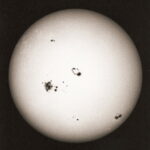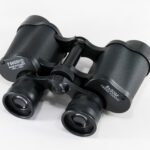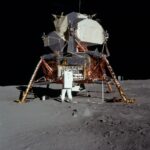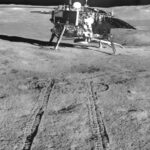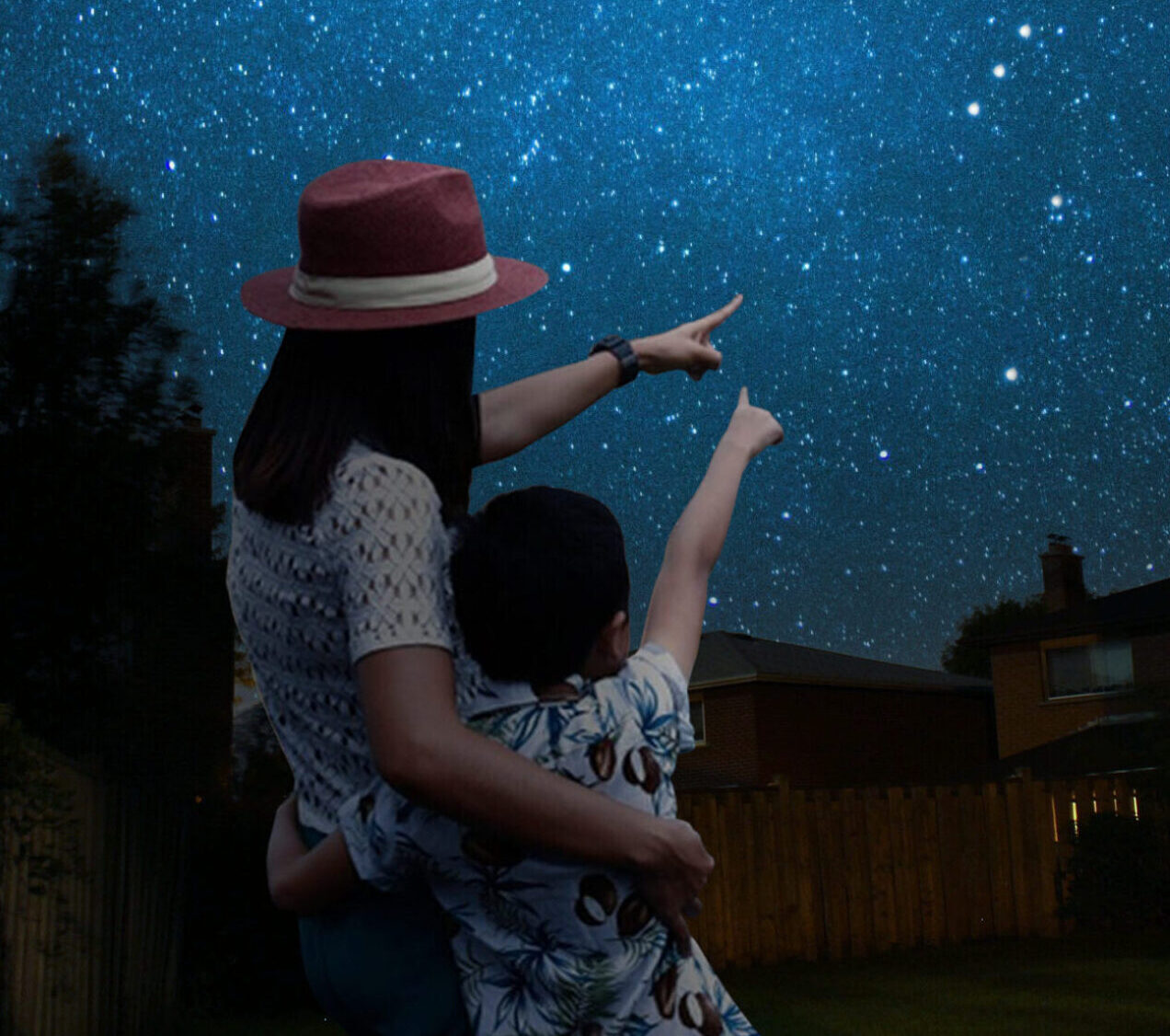Please note: As an Amazon Associate I earn from qualifying purchases.
Starting Your Astronomy Journey
In any hobby, we all start at the beginning, and astronomy is no exception. However, unlike many hobbies, astronomy is one where you’re constantly discovering and learning, making it a journey of endless exploration.
What Equipment Do You Need for Stargazing?
Astronomy can be as affordable or expensive as you want it to be. Stargazing can be as simple as using your eyes or as advanced as investing in high-tech telescopes costing thousands of dollars.
For beginners, start with the basics—your own eyes. Learning to identify constellations and navigate the night sky is a foundational skill that will serve you well as you explore astronomy.
Using a Planisphere to Navigate the Night Sky
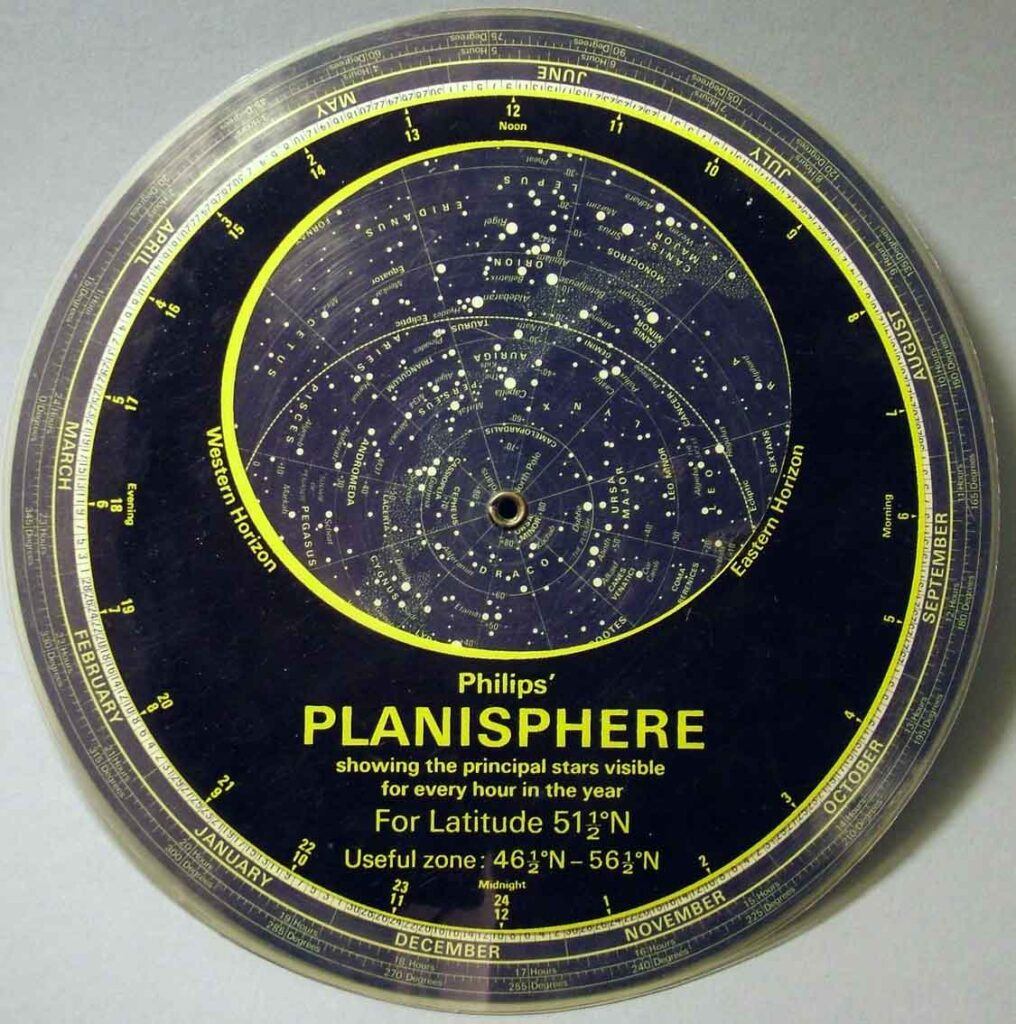
A planisphere is a handy tool for beginners. It consists of two rotating plastic discs—one displaying constellations and the other marked with months, dates, and times. Align the date and time, hold it above your head while facing south, and it will show the visible constellations for that moment.
Recommended Astronomy Books
Building your knowledge is essential. Start with beginner-friendly astronomy books. The Phillips series of astronomy guides is highly recommended for newcomers. These include:
- Constellation guides
- A detailed moon map
- A guide to using a planisphere
As your interest grows, you can expand your collection with books focused on your niche, such as meteor observation, double stars, or comet tracking.
Where Can You Stargaze?
Start at Home
Your backyard is a great starting point. However, light pollution in urban areas can limit visibility, making it harder to see faint stars and celestial objects.
Seek Out Dark Sky Locations
For better results, visit a dark sky site away from city lights. National parks or rural areas are ideal. Remember to:
- Bring a friend for safety
- Inform someone of your plans and return time
- Pack essentials like a red-light flashlight, a rain jacket, a collapsible chair, and a warm drink
Preparing for Stargazing
When you arrive at your chosen location, find a comfortable spot and allow your eyes to adjust to the dark—this can take 15–30 minutes. Once adapted, you’ll notice fainter stars, meteor showers, and more.
Advancing Your Stargazing Journey
Investing in Binoculars
If you’re ready to enhance your stargazing experience, consider binoculars. A beginner-friendly pair is 10×50 binoculars, offering a balance of magnification and portability. Binoculars will reveal:
- Star clusters
- Nebulae
- Galaxies
- Details of the moon
Buying Your First Telescope
Before purchasing a telescope, seek advice from experienced astronomers. Joining a local astronomy society can help you understand the different types of telescopes:
- Refractors: Great for viewing the moon and planets
- Reflectors: Ideal for deep-sky observation
Most astronomy societies host observation nights where you can test equipment and learn from seasoned stargazers.
Join an Astronomy Society
Local astronomy societies are invaluable for learning and networking. They often host:
- Monthly meetings with guest speakers
- Observation nights with shared telescopes
- Practical advice for equipment selection
See my article on Astronomical Societies on how to find your local group.
Safety Warning: Viewing the Sun
NEVER LOOK AT THE SUN DIRECTLY with your naked eye, binoculars, or a telescope. This can cause permanent blindness. If you want to observe the sun, use specialized solar filters or projection methods.
Contact Me
If you have any questions, or comments, about the subject on this page please feel to contact me in the comments below.
Clear Sky’s
Dave
